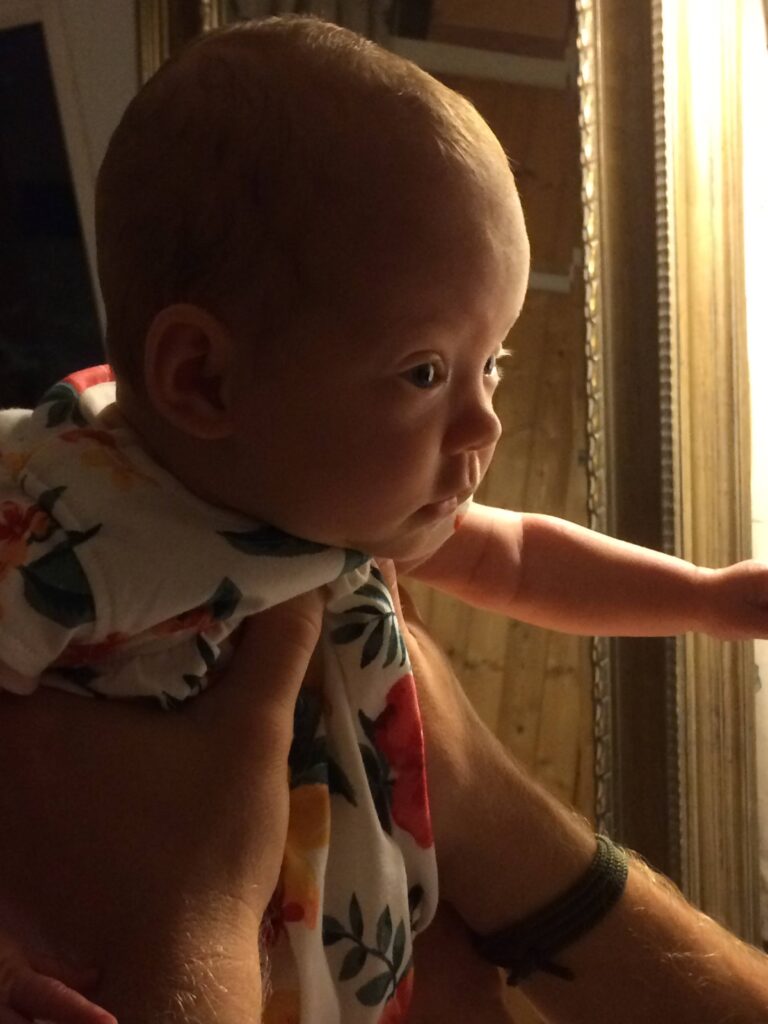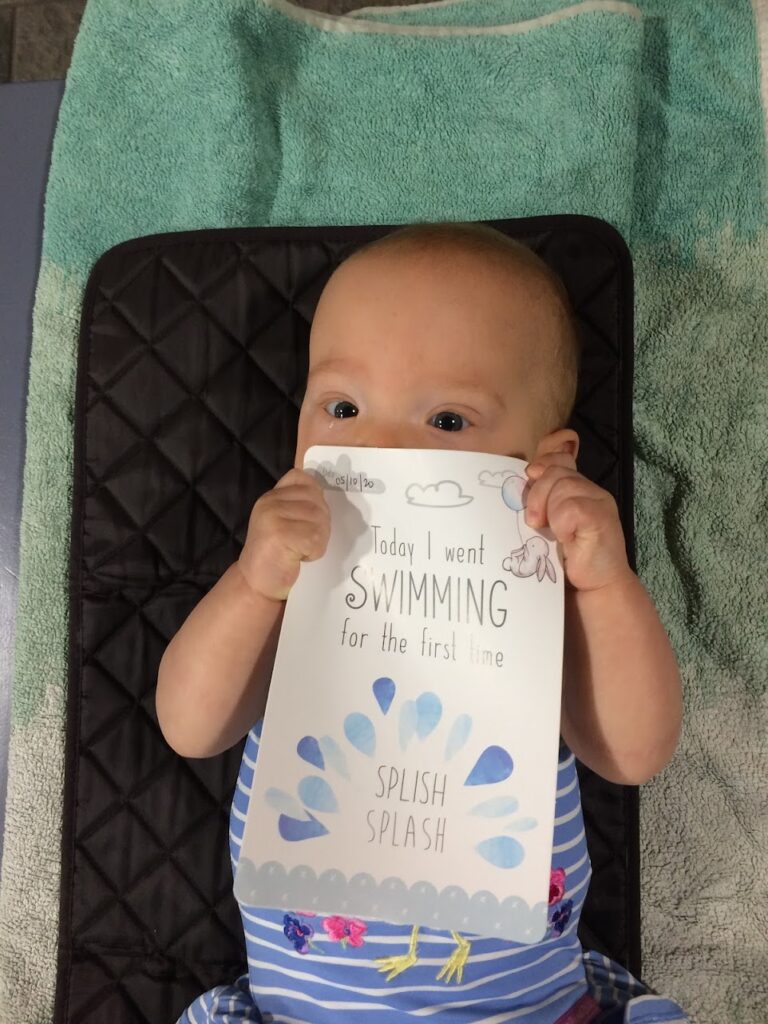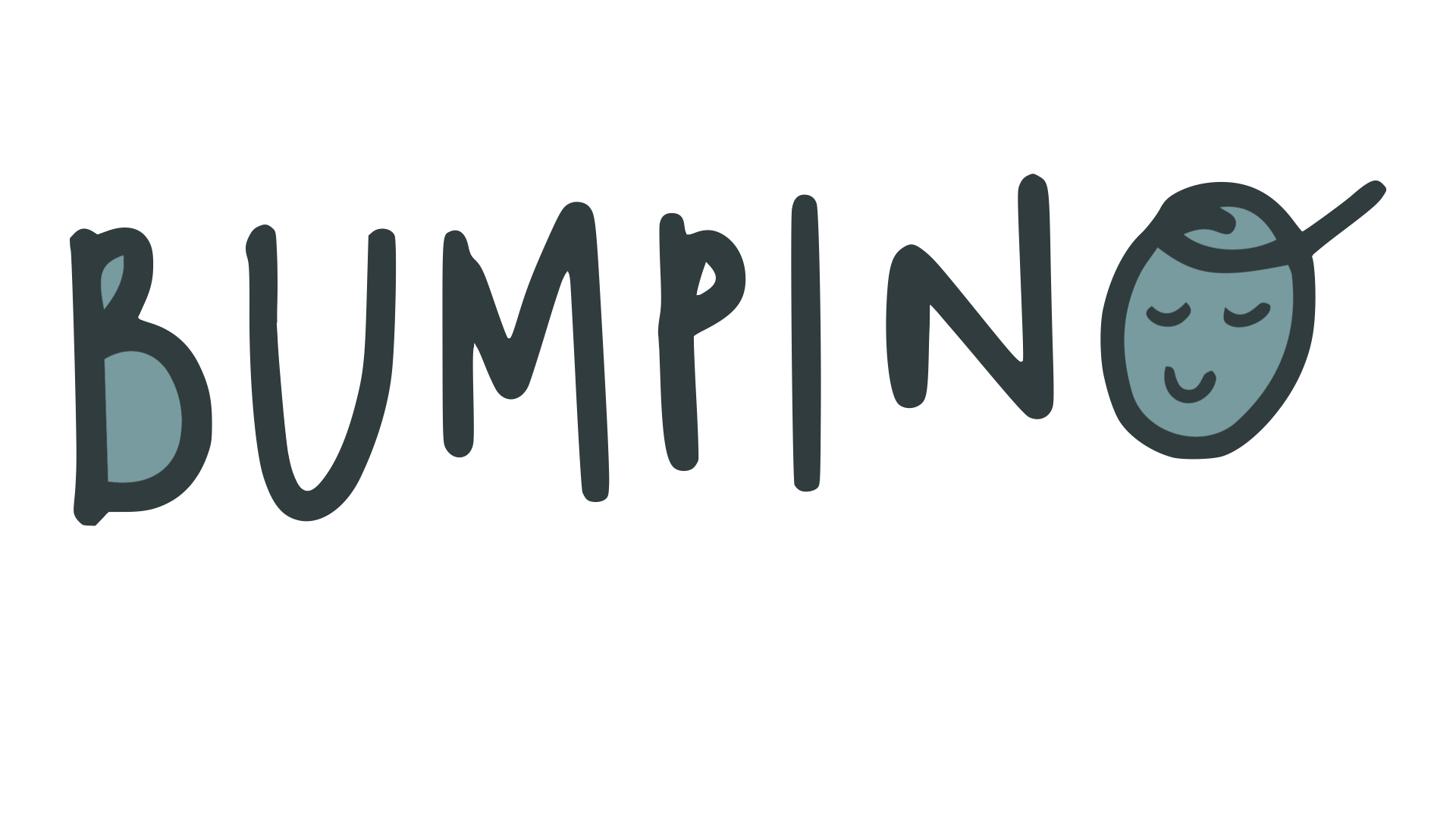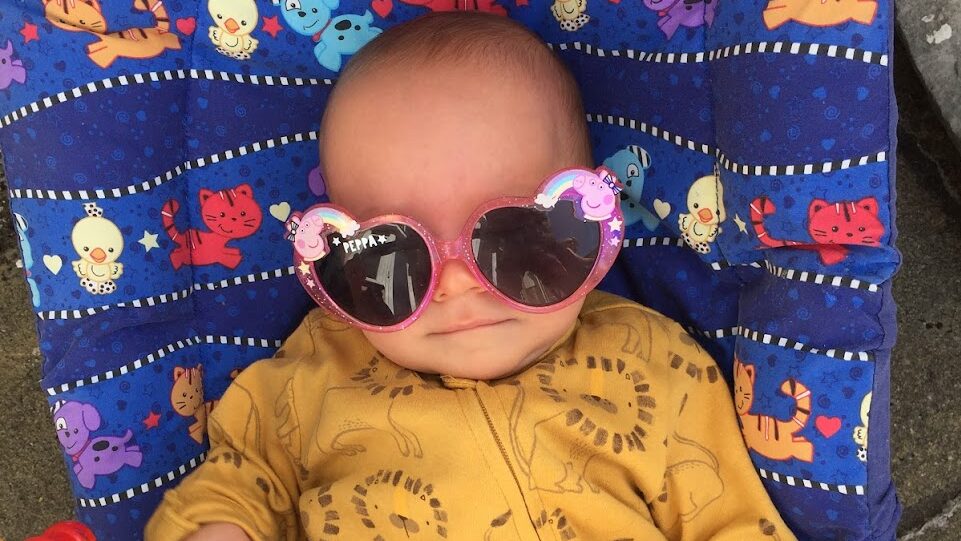“Ready or not…here I come…” is probably a phrase you have either said or heard many a time as a parent/uncle/auntie/grandparent…. Hide and seek is one of those games that features throughout childhood in many variations. Starting with the classic peepo or peek-a-boo, to counting and hiding, to full-blown sardines in the dark. So why does this game have such a thrill throughout the phases of child development and into the teenage years and how can it be helpful today?
Peepo is one of the first games a child may start to interact with – they lift something or their own hands up to their face and then pull it away. They start to understand object permanence. Things can come and go…mummy can come and go. As the child gets older and the game becomes more complicated a further level is added to the unconscious process. I can hide/become invisible and I can be found/not found. In play therapy, a lot of children will bring this game to the session – will I be found? Am I worth being found? What if I’m not found? Shall I make myself known? Or, if objects are hidden…can I trust the therapist to find all those objects for me? Shall I help out – I really need them to be found? Shall I hide them in plain sight so they are not missed? So much is going on in the unspoken world during a game of hide and seek.

Being noticed as children (and sometimes still as adults) is a crucial part of development and self-identity. If a child is recognised for who they are they can grow to be confident in their strengths and weaknesses, they have a firm foundation on which to question and discover. They trust those they know well and they have a secure awareness to tackle social dilemmas. With a lot of the children I work with, this is not the case. They have not been recognised and therefore the process of separation from their key carer has been skewed.
When a child learns to crawl they start a vital stage of child development known as the rapprochement phase. This is when they start to understand they are an individual being who can separate themselves from their key carer. They will often look back to check in with that carer, but they are free to roam and take some form of independence. This starts them on the path to individualisation; an understanding that they are a different and autonomous to the carer. When the child has a secure base, they know they can return to their carer for love and affirmation building a strong attachment, which in turn, allows them to be unattached when healthy and necessary. Peepo reinforces all of this. A security is formed that when mummy disappears behind her hands (which in the babies eyes means disappeared altogether) she will come back and there will be a reconnecting “peepo”. Translate this a few years down the line and the understanding is greater…when mummy leaves the room/goes to work, she will come back and we will reconnect and I (young child) will feel safe.
Separation anxiety is an extremely natural and healthy part of child development (I will discuss more about that next week) but a good understanding of separation and reconnection can certainly help it to be managed. So, if you haven’t had a good game of hide and seek for a while, why not give it a go – you never know what you might find!


